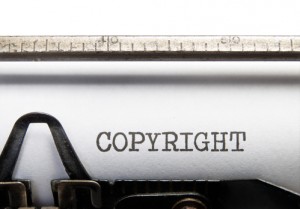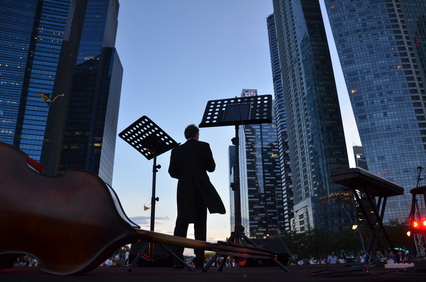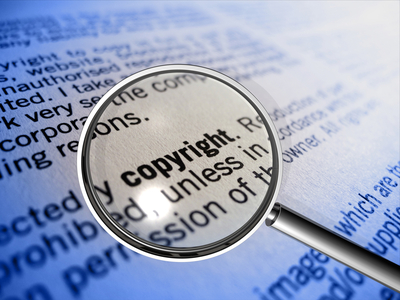Termination of Transfer Part 2: Clearing the Flaming Hoops
{3:30 minutes to read} Terminating a transfer of copyright is far more technically complicated than one might expect.
As discussed in my last post, the termination of transfer provisions in the current Copyright Act of 1976 are embodied in sections 203 and 304:
- Section 203 addresses works that were created or transferred on or after January 1, 1978;
- Section 304 addresses works that were assigned or licensed before January 1, 1978 (the day the 1976 Act went into effect).




